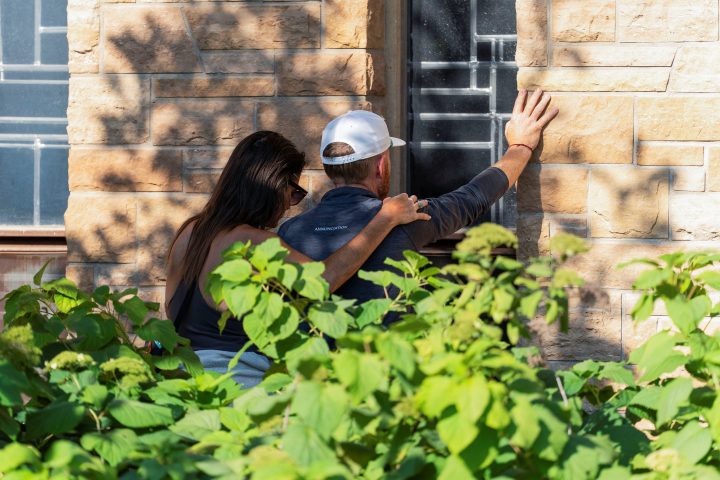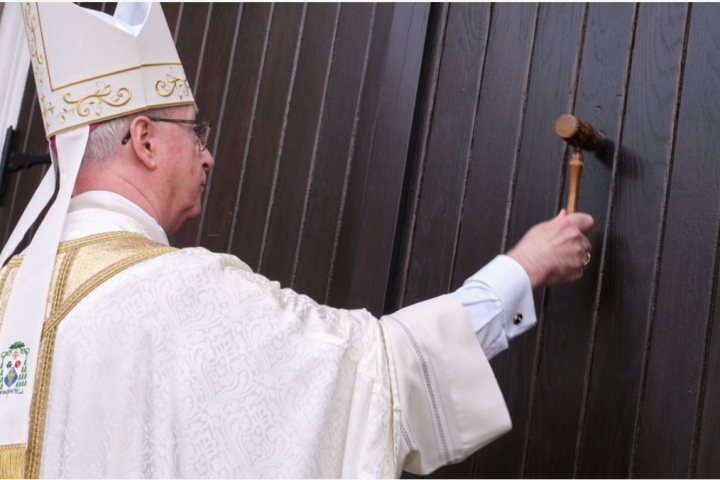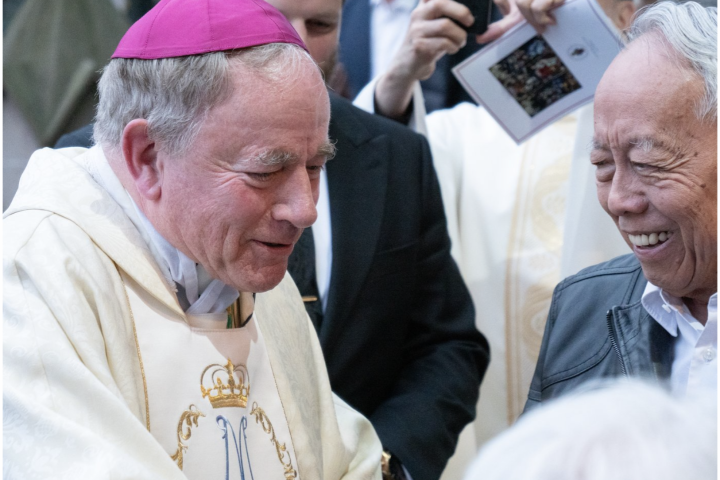Catholic institutions and media outlets must hold themselves to the highest standards, the Canadian Conference of Catholic Bishops said in a Jan. 24 pastoral letter that focuses on social media.
As a communication tool, social media has great potential to “serve a fundamental human good: the building of bridges among people by the sharing of information,” the bishops write in “Let Your Speech Always Be Gracious,” released on the feast day of St. Francis de Sales, who was known for his graciousness in speech and is patron saint of writers and publishers.
The Canadian bishops “applaud the missionary spirit of those who have chosen to witness” through social media, and they “admire the creative work” of Catholic parishes, schools, and organizations that use social media to engage people with opportunities for greater participation in local faith communities.

However, the letter comes with a warning: we mustn’t be naive. Echoing Pope Francis, the bishops warn that Catholics using social media must have a realistic understanding of how the platforms work and the dangers they can pose.
“The design of the platforms and the algorithms that dictate their performance can play on the worst of our human tendencies, leading to online environments that violate the core Christian values of truth and human dignity,” write the bishops.
“As Pope Francis notes, “Digital relationships, which do not demand the slow and gradual cultivation of friendships, stable interaction, or the building of a consensus that matures over time, have the appearance of sociability. Yet they do not really build community.”
They also “can give the illusion of creating bridges between people when it is, in fact, tearing apart our common life.”

If Catholics share their faith with others online “in ways that are not grounded in charity, prudence, and truth, we may end up doing harm rather than good.”
The bishops encourage Catholics on social media to “pause and reflect – both individually and communally – on their engagement with social media and on how they might be part of the larger effort to claim the ‘digital continent’ for Christ, most particularly by the quality of their conduct online.”
To help guide Canadian Catholics in their use of social media, the bishops offer seven commitments that can be made to better engage with people on social media.
- Check for accuracy: Be vigilant for false information and never use social media with the intention to manipulate or deceive others.
- Seek greater perspective: Social media platforms make money by keeping people online, showing them people and information that conform to their interests and beliefs. “We will need to be intentional about seeking information from sources to which we are not already inclined or predisposed.”
- Value human dignity: Always assume the best of people, and don’t conflate their ideas with their “personhood.”
- Bring curiosity into the conversation. Always seek to open dialogue rather than “simply trading debate points.”
- Distinguish between intention and impact: Don’t confuse how you feel about something someone says online with who they are or how they intended for you to perceive them.
- Privilege ‘real life’ encounters: Social media should complement, not replace, face-to-face relationships and encounters. “If social media does not lead to more profound physical presence with one another in the larger picture, then it is no longer a helpful resource for the Christian life.”
- Tend to one’s online time: Be mindful of how long you are spending online. The bishops suggest fasting from screens once a week and taking a “Technology Sabbath.”
“Individually and together, we commit to moving forward with courage, aware of both the great potential and the great challenges of this new way of communicating with one another,” conclude the bishops.
The letter ends with a variation on the traditional Prayer of St. Francis and which Pope Francis used in his 2018 Message for World Communications Day.
Lord, make us instruments of your peace.
Help us to recognize the evil latent in a communication that does not build communion.
Help us to remove the venom from our judgements.
Help us to speak about others as our brothers and sisters.
You are faithful and trustworthy; may our words be seeds of goodness for the world:
where there is shouting, let us practise listening;
where there is confusion, let us inspire harmony;
where there is ambiguity, let us bring clarity;
where there is exclusion, let us offer solidarity;
where there is sensationalism, let us use sobriety;
where there is superficiality, let us raise real questions;
where there is prejudice, let us awaken trust;
where there is hostility, let us bring respect;
where there is falsehood, let us bring truth.
Amen.
In May 2023, the Vatican Dicastery for Communication released “Toward Full Presence. A Pastoral Reflection on Engagement with Social Media.” The document called on Catholics to make an examination of conscience about how they use social media and to educate themselves about its potential pitfalls.







